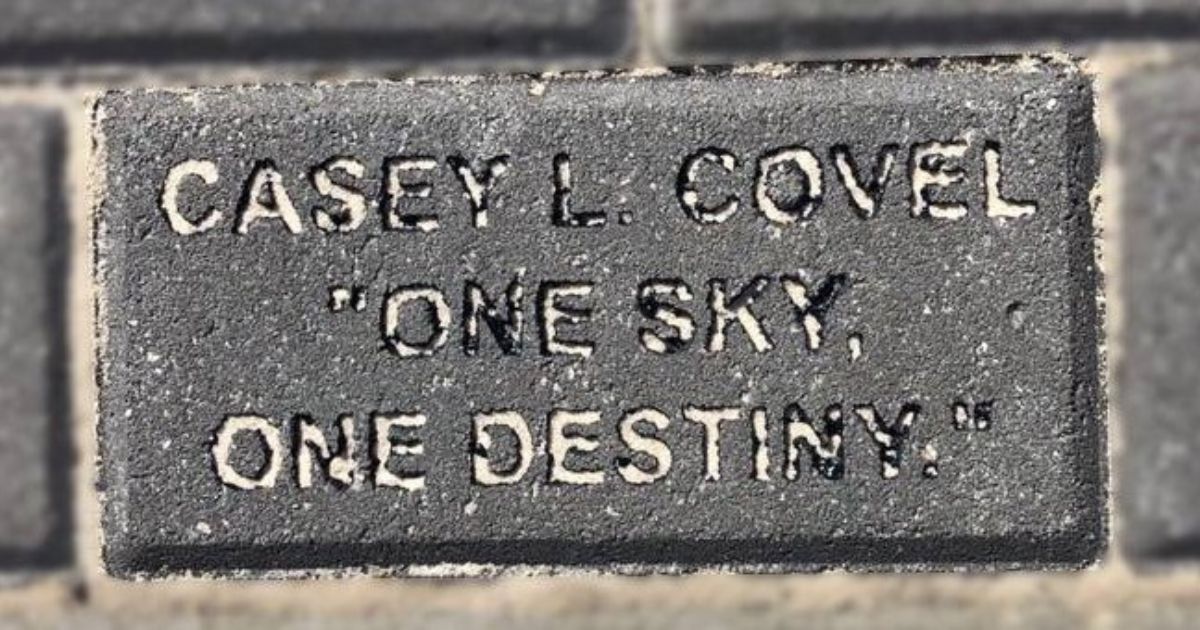Summer classes at EFSC are already in full swing. Much of the college experience consists of participating in social functions and remaining connected to your college community. However, keep academics and graduation first on your list of priorities! These tips can help you make effective use of your study time. As a result, you can hopefully spend less time in the books and more time having fun!
1. Getting Organized
The average student should expect to spend between two to three hours studying for every hour spent in class. For example, two hours in the classroom means studying for four to six hours outside of class. That’s probably manageable for students who choose to take one class at a time. But for students who decide to attend EFSC full-time (12 credits), it could mean studying 36 hours a week! It’s no surprise that time management is a crucial skill for college students to master. The first step in this process is to get organized, preferably early in the semester. The more effort you put in up front, the less you’ll worry about when it’s time to take your exams.
At the beginning of the semester, each of your instructors will provide you with a course syllabus. That syllabus is your ultimate roadmap to success. It will tell you everything you need to know about the course you’re enrolled in, including expectations for the class. You’ll find a list of your assignments, tests, and quizzes with their associated due dates. Some students may find it helpful to transfer those dates into a digital planner or calendar. From there, they can set reminder alerts for important events. Some of my favorite accessible digital planners include MyStudyLife, MyHomeworkApp, and iStudentPro.
2. Taking Notes
Now that you’re all organized, the next strategy is to develop a system for taking in-class notes. I often hear students say that they try to write down everything their instructors say during a lecture. But then they can’t seem to understand those notes when it’s time to study! Creating your own personal set of notes during class is important. It can help to keep you actively engaged and focused. Additionally, it can increase your ability to understand the material after class. Two of the more popular strategies for taking effective notes include the Cornell Method and the Outline Method.
For students with certain disabilities, it may be challenging to determine exactly what to do to create accurate and complete notes. The SAIL Department is available to assist students with documented disabilities by offering note-taking assistance in the form of accommodations, such as recordings of class lectures, copies of class notes, or in-person notetakers. Accessible technology can also be a useful way for all students to keep their notes organized. Microsoft OneNote (which is available to you for free as part of your student Microsoft 365 package) is an awesome digital tool that can help you sort notes in sections, highlight and tag important concepts, audio record files, and share your entire notebook with a study group!
3. Solidifying What You’ve Learned
So now that your notes are organized and you’ve identified a quiet place to review your notes, it’s time to commit what you’ve learned to memory. Studies show that one of the best ways to retain information is to break things up into smaller chunks, then study them for short periods of time called “bursts.” There are lots of ways to approach this. According to the Pomodoro Technique, for example, you can make a prioritized list of two to three things that are important to complete during a designated period of time. Then, you set a timer for 25 minutes and focus on one of those tasks at a time. Once the time is up, you take a break and do something enjoyable for five to 10 minutes, then begin the process again with another task.
For students who are auditory learners, it can be helpful to record voice memos during your study sessions; you can then listen to your recorded notes as many times as necessary before an exam. For visual learners, websites such as YouTube and Khan Academy present instructional videos with examples, charts, and narration on a variety of different subjects. Quizlet is another accessible website that you can use to create games, flashcards, and other learning tools that will help reinforce the material you learn in your classes.
Throughout the process, don’t be afraid to ask for help. You can always contact your instructors and/or attend their office hours to clarify any class material that was presented in a lecture. You can also reach out to classmates, friends, and family to create study groups, where you can teach each other the material. And remember: the Academic Success Centers provide tutoring! There are lots of resources at Eastern Florida that can help you achieve your academic goals, but the first step is always to make a plan — so what are you waiting for?
- Are There IEPs and 504 Plans in College? - November 17, 2021
- Managing Back-To-School Anxiety - August 11, 2021
- Study Skills for Students with Various Learning Abilities - June 16, 2021




